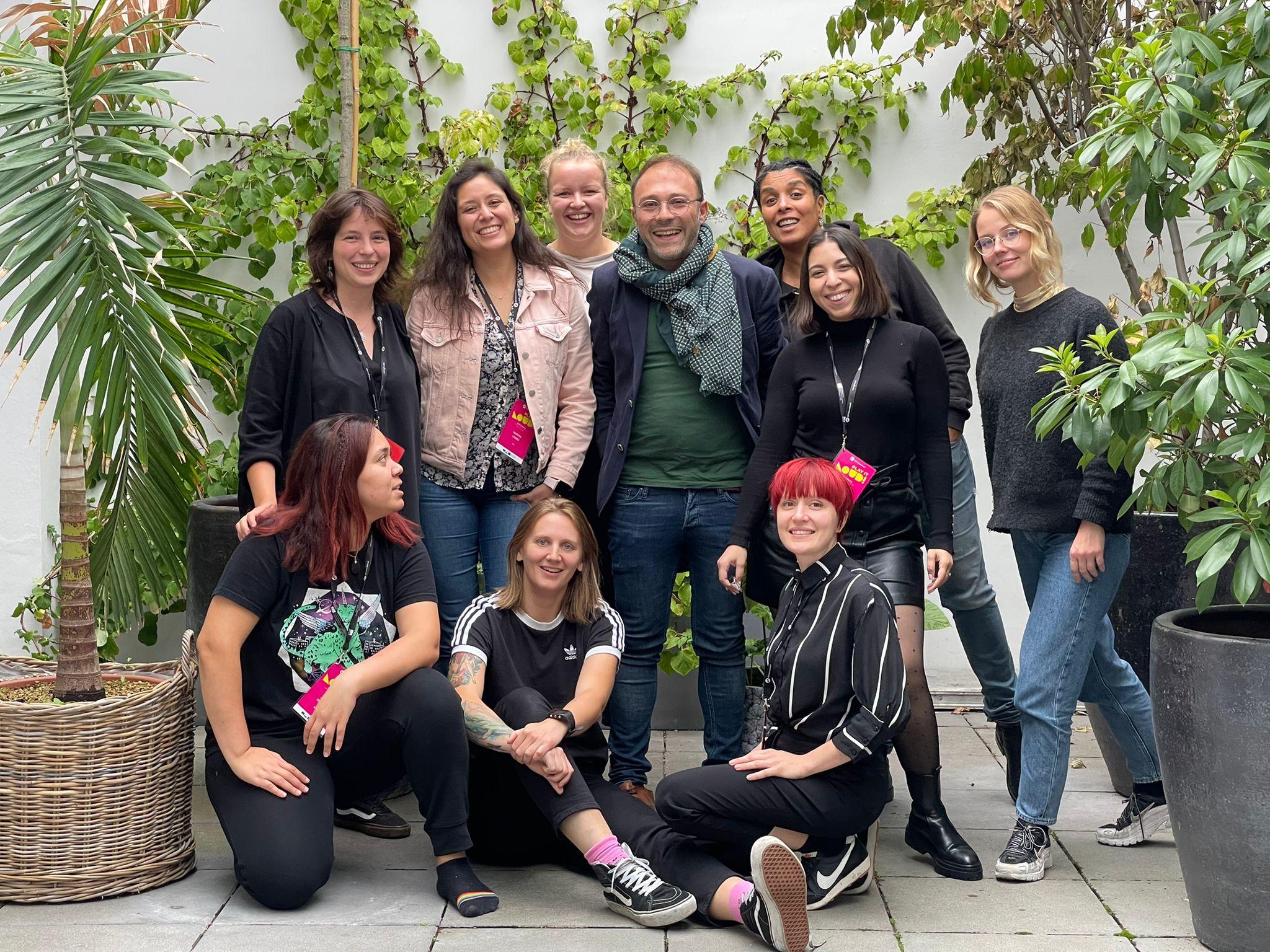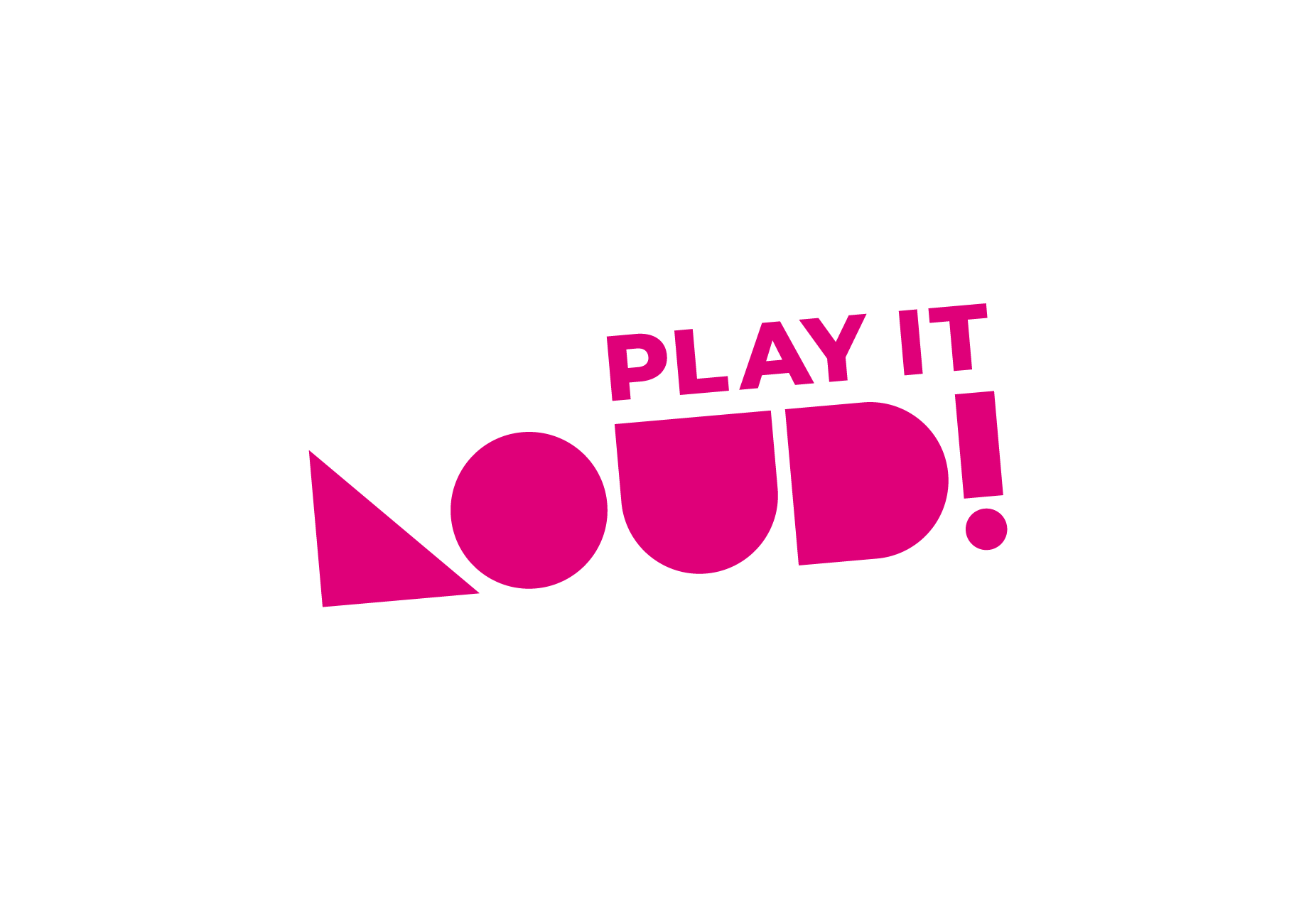Inspired by the LOUD! Camp initiative championed by JM Norway, "Play it Loud!" started in April 2020 thanks to fundings by the European Youth Foundation and the Erasmus+ Program. The process already engaged over 100 young musicians, cultural operators, staff of targeted member and partner organisations and experts in youth work, music industry, cultural & events management, gender equality and inclusion. "Play it Loud!" includes surveys, training sessions, and expert meetings. And soon, it will become a transversal element and approach within all JMI Programs.
Building a safe space for all youth in music
"Play it Loud!" strives to ensure that more young women and under-represented youth can be empowered through music. It challenges intersectional discrimination and harmful norms across the Youth & Music sector, simultaneously increasing equality and inclusion in all JMI programs, activities and organisations.
A transversal element across all JMI Programs
A norm-critical approach
Gender equality is a fundamental human right, but the music and the cultural sectors still struggle to meaningfully foster an environment where women, people who identify as nonbinary, members of the LGBTIQ+ community, and under-represented groups in general, are equals. Everywhere in the world, adolescents easily fall into established gender roles. Even when it comes to music: girls primarily sing, while boys play instruments or do technical tasks.
These stereotypes and "norms" reflect severe gender gaps and imbalances in the music-making industry. Hence, "Play it Loud!" uses a norm-critical pedagogical approach to create safer spaces where the power imbalances and misconceptions that norms create can be tackled as a systemic issue.
Building awareness and providing guidelines
"Play it Loud!" works towards a more inclusive, equal music sector, where all youth can participate, rise to their full potential and enjoy positive recognition. To do so, we created a set of guidelines that will hopefully inspire and guide other organizations to address intersectional discrimination and build more inclusive spaces for young musicians.




